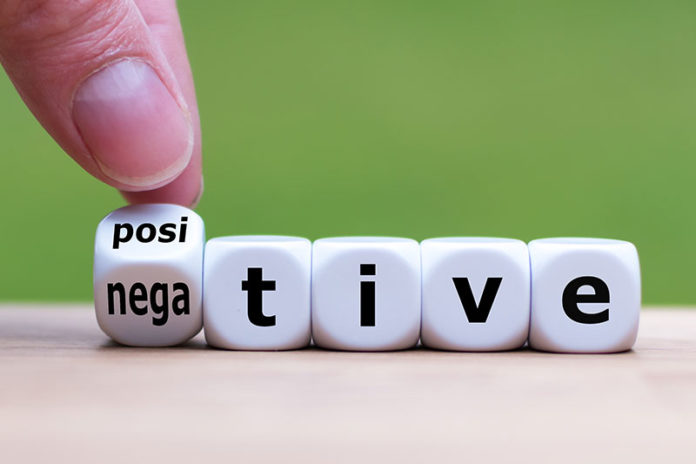Ted Williams was one of the greatest hitters baseball has ever seen, and his theories of how to succeed at the plate are still influential. He was the last major leaguer to bat .400 over a season and retired in 1960 ranking third all-time in career home runs.
Sportswriter Ira Berkow once asked him the source of his prowess. Was it his exceptional reflexes, perhaps, or his phenomenal eyesight? Williams scoffed at these explanations and emphatically provided his own: “It was all trial and (bleeping) error, trial and (bleeping) error, trial and (bleeping) error, trial and (bleeping) error!”
Williams knew that any concept is worthless unless it can be used successfully in the real world. And the only way to know whether it can be used successfully is to, um, give it a try and discard it if it proves unsuccessful.
During the coronavirus crisis, there is a range of opinions on what the future holds. On the gloomy side, economist Mark Zandi of Moody’s Analytics expects that “the economy will take years to fully recover.” Dr. Anthony Fauci said in March that even with social distancing and other protections, 240,000 Americans could die of COVID-19.
Then there are optimists like Donald Trump’s son-in-law and adviser Jared Kushner, who said Wednesday, “I think you’ll see by June a lot of the country should be back to normal and the hope is that by July the country’s really rocking again.”
Personally, I’m inclined to the pessimistic view. But if there is anything certain about the crisis, it’s that uncertainties abound. Even experts are groping to understand the disease and how to combat it.
The administration and some Republican governors lean to the sunny side. Georgia Gov. Brian Kemp elected to let gyms, hair salons, churches, tattoo parlors, restaurants and movie theaters reopen. Texas Gov. Greg Abbott chose to allow restaurants, retail stores and movie theaters to resume operations May 1.
These decisions will gratify protesters who have rallied in numerous states in opposition to stay-at-home edicts. But anyone who thinks that politicians or business people can promptly restore a state resembling normality is fantasizing. They will find the task to be much like herding cats.
The ultimate outcome will depend on the choices of hundreds of millions of people who will make their own assessments of the risks and rewards they face and how to act on them. It wasn’t the stay-at-home orders that started the economic collapse we’re enduring. It was the pandemic itself and the fear it engendered.
Kemp’s shelter-in-place directive didn’t come until March 19. But restaurant bookings in Atlanta were down 78% on March 16, compared to a year earlier. Dallas’ stay-at-home order took effect on March 23, but March 16 restaurant bookings were off 61%. Before the first stay-at-home orders, movie theaters had their worst weekend in 20 years. By Sunday, March 15, many churches had already canceled in-person services.
Even before Americans fully absorbed the danger, they were taking precautions. A lot of them, perhaps most, will continue to do so even if their president or governor tells them to get out and spend money. No one likes prolonged isolation, but the risk of a painful death or lasting lung damage is a powerful deterrent to resuming the familiar pleasures of life.
But that’s not to say Kemp and Abbott are wrong. Even under the relaxed rules, businesses in both states will be obliged to adopt safeguards. Georgia restaurants will be limited to 10 customers per 500 square feet, and movie theaters will have to enforce social distancing.
The catch is that the state can’t make them reopen, and the owners of 120 dining establishments in Atlanta and Savannah announced they would not.
But some businesses will jump at the chance — and it may turn out that the harms are minimal, leading still others to reopen and enticing customers to return. It’s not inconceivable that the remaining restrictions, combined with the care exercised by prudent consumers (such as mask-wearing and hand-washing), will be largely effective in curbing transmission. It may be that most rural states and small towns will remain comparatively safe.
Implementing different policies in different places has its hazards, but it will reduce uncertainty. We will learn something from the experience. Not all of the lessons will be welcome, but as Ted Williams could attest, all of them will be instructive.






























